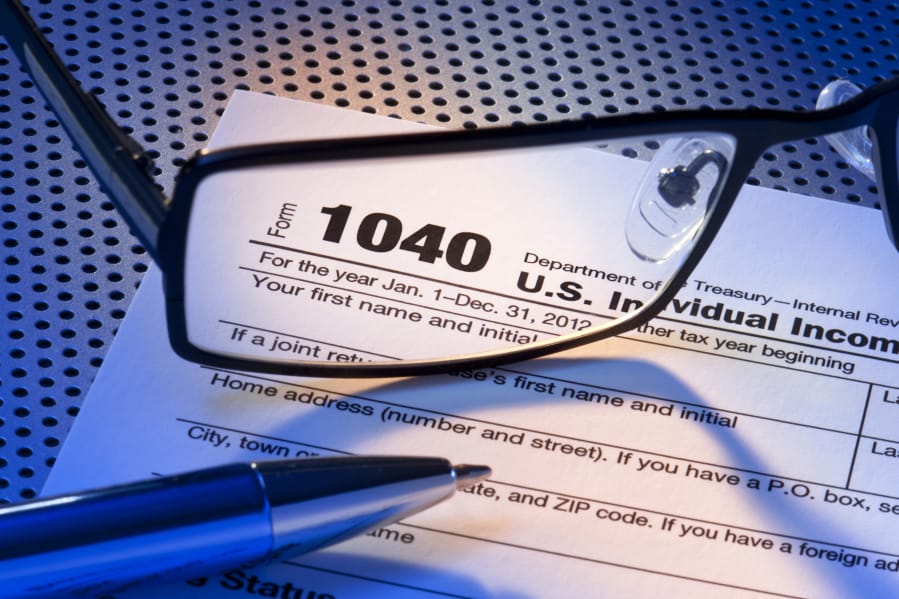President Donald Trump’s payroll tax deferral took effect Tuesday, but some accountants are advising employers against implementing it.
The deferral allows employees to delay until Dec. 31 paying the 6.2% tax that comes out of paychecks for Social Security.
Here’s how it works for employees, and what employers might be considering.
Who is eligible?
Employees can only participate in the deferral if their employers offer it.
Workers who make less than $4,000 in a two-week period before taxes are deducted, or $104,000 annually will be eligible for the deferral. It will temporarily increase take-home pay.
Why wouldn’t my employer offer it?
The payroll tax deferral is voluntary, and some accountants say it could create more work for the employer.
“They’re not really getting anything out of it,” said Rob Pasquesi, owner of River North-based accounting firm Pasquesi Partners.
He is advising his firm’s 475 corporate clients not to offer the deferral in part because it could be a paperwork nightmare. Some employees might decide to defer, and others will not. Additionally, offering it will affect employers’ quarterly tax filings.
Deciding whether or not to offer the deferral is difficult for small businesses, said Elliot Richardson, president of the Small Business Advocacy Council. They will need to educate employees, and explain what it would mean for them financially.
“They’re going to have to pay that back, and who knows where the economy is going to be when that deferred bill comes due,” he said.
What happens when the deferral ends?
The deferred 6.2% tax will be deducted from paychecks starting in January. That means employees who participate will pay double what they pay toward Social Security for the first four months of next year, so paychecks will be smaller.
“It’s not free money,” said Maribel Salazar, a certified public accountant and owner of the Del Real Tax Group in Lyons. She is advising her 200 corporate clients not to offer the deferral.
The burden will be on employers to collect and remit the extra taxes, according to guidance the Internal Revenue Service issued late last week.
If the taxes are not paid by April 30, penalties and interest will kick in for employers.
What else should employees consider before deciding?
Some accountants are advising employees who opt to defer their tax payment to put the money aside, knowing they’ll have to pay it back next year.
However, the decision will vary based on the individual, said Todd Maisch, CEO and president of the Illinois Chamber of Commerce.
“The takeup rate, I think it’s going to be well under 50%,” he said. “But again, the people that want it, who are we to tell them that having money in their pocket now is worse than having money in their pocket later?”



